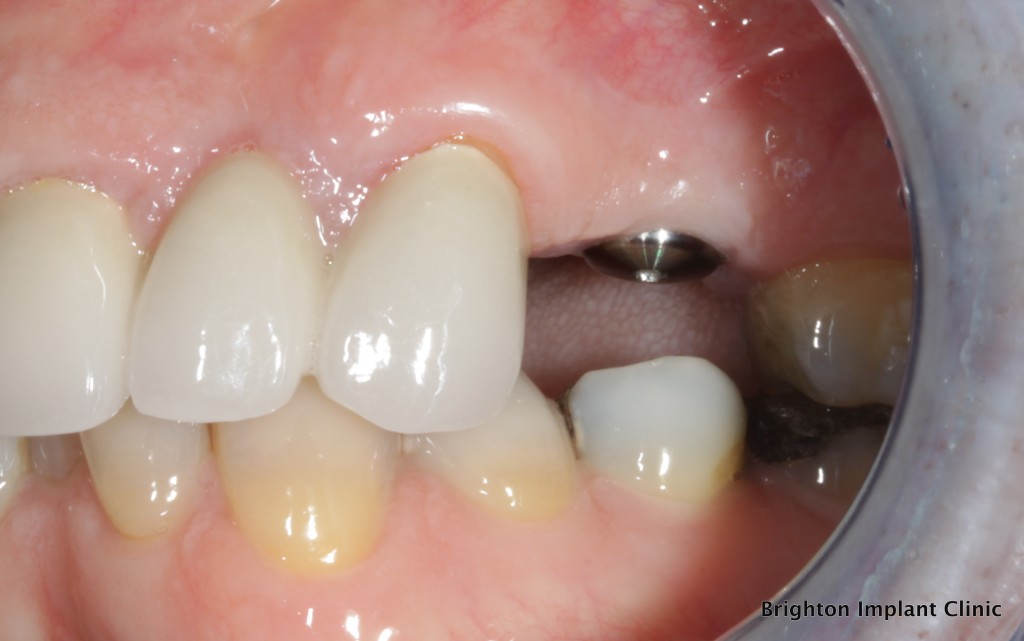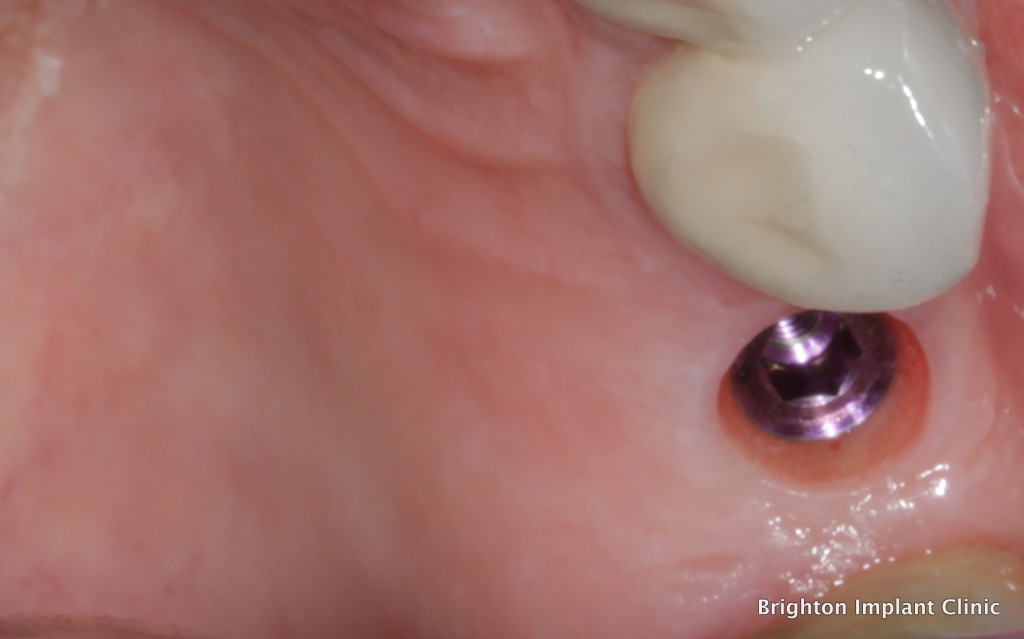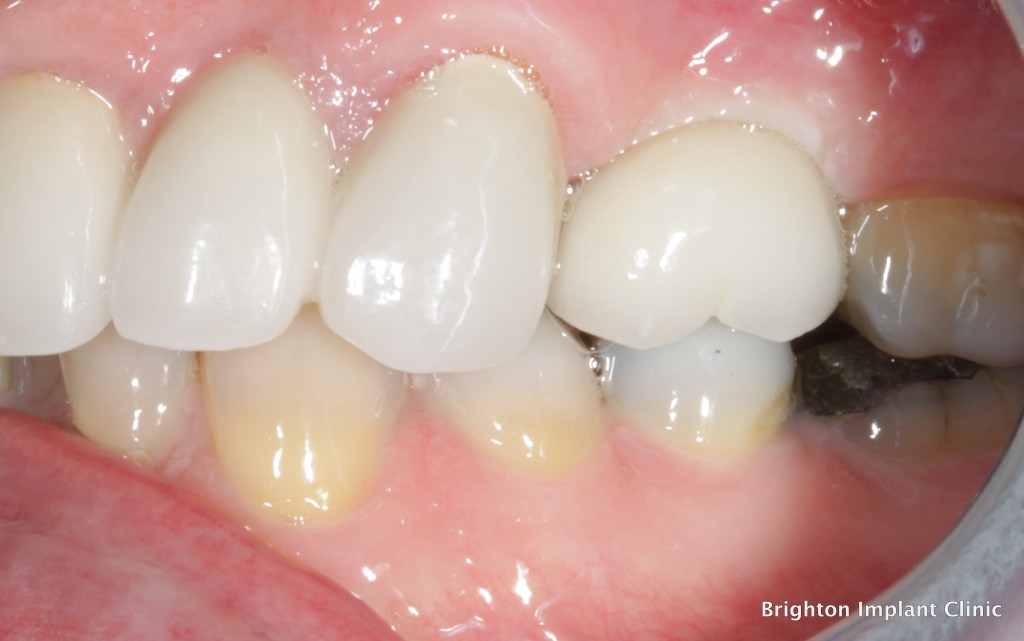
Dental implants have become more popular during the last 25 years as the most effective and reliable method for replacing missing or damaged teeth. The success rate of implant dentistry depends upon a number of factors. These include the amount and the condition of the bone at the site of the implant, the accuracy of the placement of the implant, the design of the implant, the general health and lifestyle of the implant recipient, and whether the recipient follows the recommendations of the dentist regarding the care of the implants. Implants have to be inserted at locations in the upper or lower jaw that have sufficient bone density to allow the implant to wedge firmly within the bone tissues. Spongy bone, which is more prevalent in the upper jaw than in the lower jaw, can break down under the pressure exerted by the implant. The breakdown of the bone in the vicinity of the implant will produce voids that will be occupied mainly by clotted blood and fibrous tissues that in turn will hinder the formation of bone cells around the implant. Without full contact with bone tissue, the implant cannot be held within the well in which it had been inserted.
Success rates in implant dentistry

In implant dentistry the success rates depend to a large degree upon the skill of the dental team that will place the implant and the corresponding dental implant restoration. The implant surgeon, in particular, has to make numerous decisions before and during the implantation procedure as every patient is different and requires slightly varying approaches as to how the implant will be placed within the jawbone. Implant dentistry success rates depend also on the design of the dental implant. The width and the length of the dental implant, the presence or absence and the amount of tapering along the length of the implant, the number of threads that the implant has, the size, shape and orientation of the threads, and other dimensional attributes such as presence or absence of grooves along the length of the threads all affect the way the implant will adhere to bone tissue. The material that makes up the implant also has an effect on its ability to bond with the bone. The standard material for implant dentistry is commercially pure titanium and titanium alloy. Other materials include zirconia (zirconium dioxide)
Implant Dentistry showing restored space

The presence of various medical conditions such as diabetes, hypertension, periodontal disease, endocrine disorders, and so on can affect the rate and quality of bone growth and therefore the healing time of an implant. Sufficient time is required before bone can grow around the implant and therefore before the implant can be loaded. This time varies with the general health of an individual. Smoking has an observable negative effect on dental implant success rates. Excessive consumption of alcohol or the use of medication can also affect the condition of the bone around the implant.The recipient of an implant also has to follow a schedule of follow-up consultations with the dental team who will continually assess the condition of the implant and recommend additional procedures, if need be. The recipient also has to ensure that oral hygiene is maintained so as not to compromise the health of the bone surrounding the implant and the health of the other teeth (if present) that certainly also affect the environment around the implant.
Brighton Implant Clinic provides implant dentistry to patients across the UK. A completed dental implant costs from £995 including the implant, abutment and crown.

